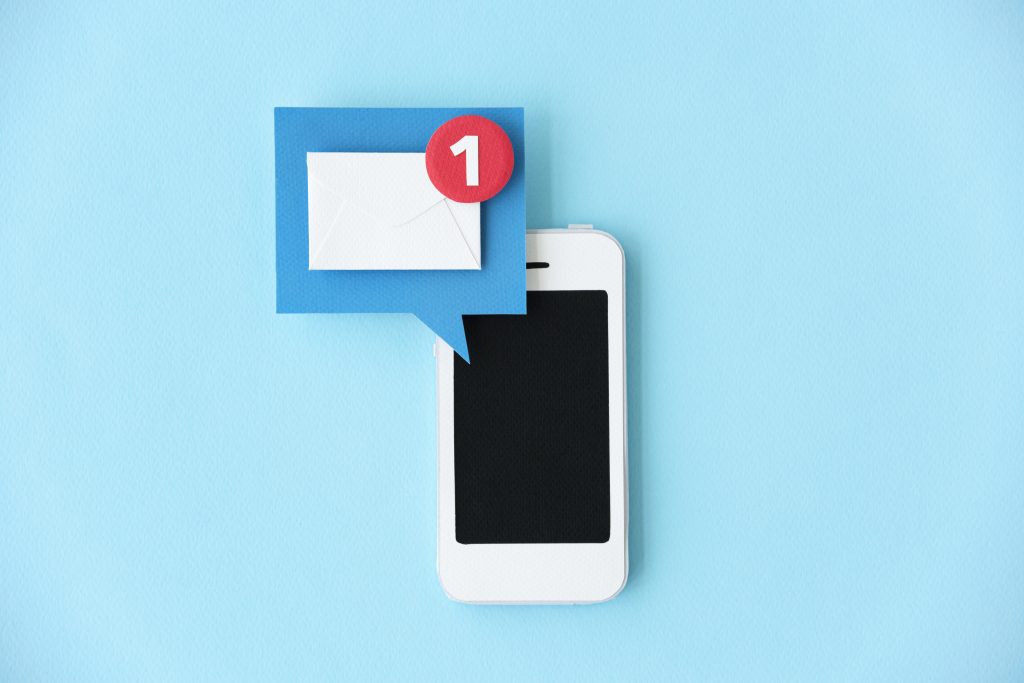
Working from home (WFH) is not a new idea, freelancers and online professionals have been at it for decades. Nevertheless, the pandemic forced many individuals into a brand new routine.
Commuting and distractions are often disadvantages at the office, yet those new to working from home find themselves struggling to perfect their ideal day too.
Work/Life Balance
One of the issues faced when working from home is the ability to properly disconnect from work when the day is over. When we leave our personal space for a completely different setting, we subconsciously associate that environment with work. When we return home, we are returning with a less task-focused mind.
When you are working from within your own home, boundaries are often harder to maintain, leaving many recovering from burnout.
Some of the ways that we can remedy this include:
Creating a new routine
That pesky commute to work has a silver lining if you consider that it gives you some time to yourself before you are scheduled to clock-in. Many who work from home simply trade their commute time for more hours of labor. YouGov and Miro surveyed 1,000 adults and found that “One-third of knowledge workers begin working within 20 minutes of getting up, and only one-fifth are awake for more than an hour before they start working.”

Consider using the extra time to start a new morning routine. Perhaps you wrap up a chore early, exercise, or enjoy reading over coffee. Do something for yourself that honors your morning and allows you step into work mode rather than wake up to it.
Utilizing a specific work space in the home
Environment plays a key role in our neurology when it comes to learning and producing. Not everyone has the space or means to assign a separate room as a home office. By rearranging furniture and making a few purchases, you can create an area that you associate with your job.
“A great example of this is context-dependent memory. This shows that learning something in one environment makes it easier to recall that same information when we return to that same location. If you work in the living room, where you also watch Netflix and play with the kids, you won’t create that strong association and it will be harder to get into a productive state of mind.”
– Android Authority
These helpful tips can offer additional ideas for creating rules and boundaries for yourself.
Set aside breaks
Many have claimed that they feel like they have more to prove, forcing them to work even harder from home.
“In a study by my firm and Oracle, we found that 35% of knowledge workers are working 40+ more hours each month, and 25% have burned out from overwork. Not only that, but nearly seven in 10 knowledge workers (68%) who said they work on the weekend and nearly half (45%) of remote employees reported regularly putting in more than eight hours a day.”
– WeForum
Remember to designate time for yourself to take a break from working. You are not your work. It isn’t just about taking a lunch break but ensuring the lunch break you take is sufficient for your needs. Instead of bringing food to your desk, leave your workspace and move into a different environment altogether.
Schedule phone calls and meetings

There can often be an assumption that those who WFH have the freedom to be more readily available. Arguably, this isn’t the case as those working from home must be mindful about time, energy, balance, and discipline.
Contemplate setting aside specific time for emails, phone calls, or video conferences in advance. This can ensure you have uninterrupted time to focus on your tasks and designate when you are best equipped for meetings.
Turn notifications off
Working from home (and social distancing) has increased the severity of the need to digitally connect with one another. Just because technology makes us accessible 24/7 does not mean we shouldn’t practice moderation, like all good things.

When your workday is over, consider turning off notifications on your devices. If needed, you can communicate this with your coworkers so they know they will hear from you the following day and to only contact you directly if there is an emergency.
As individuals with unique backgrounds and day-to-day lives, advice doesn’t translate the same way for everyone. It is up to us to be mindful of mental health, and communicate needs to loved ones, coworkers, and ourselves. Set up your space and routine as you need but strive for balance.
Have you made changes to your workspace or routine to allow for mindfulness working from home? Let us know what has worked for you by getting in touch with us on social media!
Liked this article?
We are adding more useful articles to our blog every week! Join our subscribers to stay up to date on digital security, marketing, and social media trends.
By entering your email, you agree to receive our monthly newsletter. You can unsubscribe at any time!


